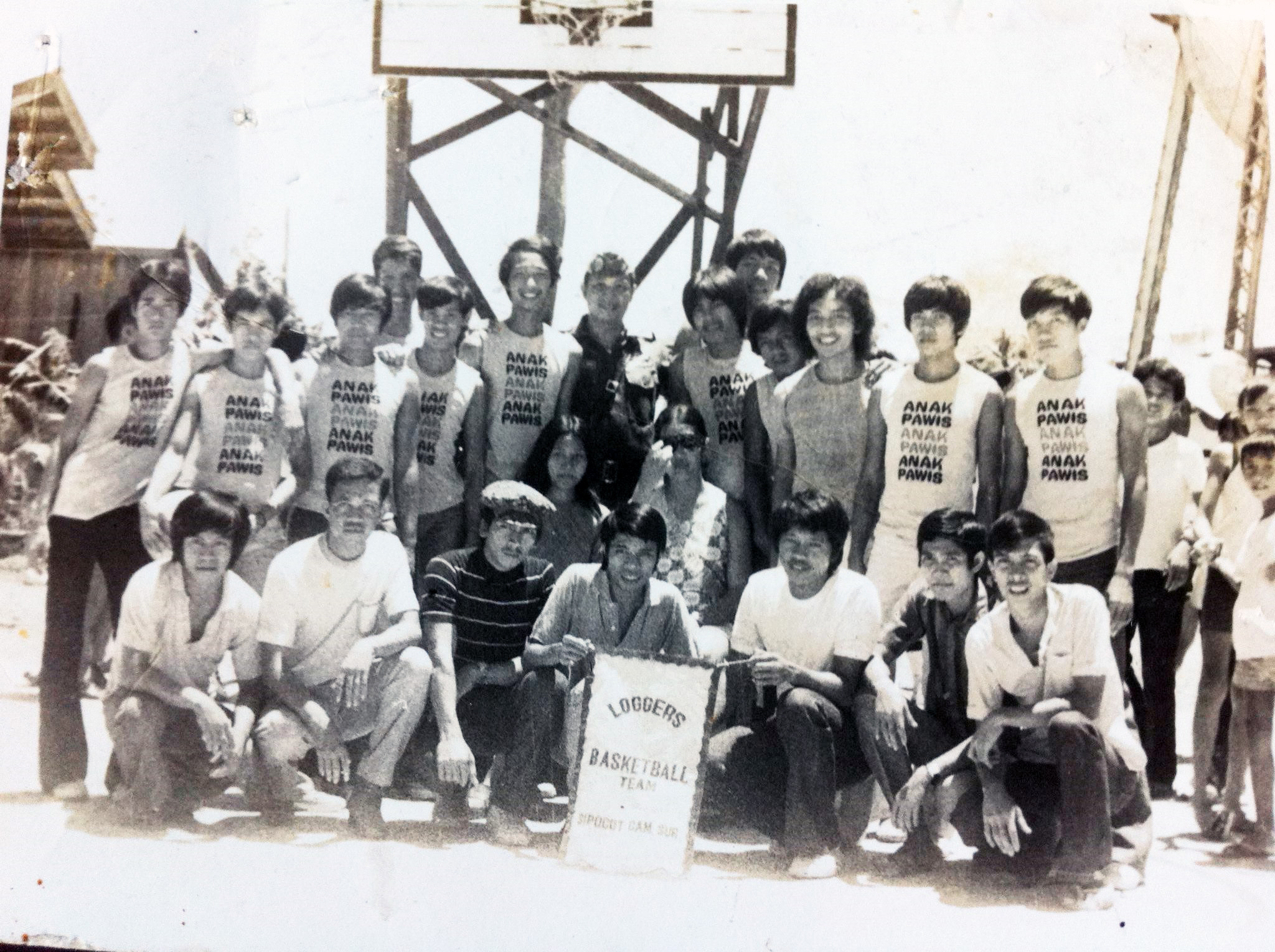One thing that does not diminish as we grow older is ‘regret’ – the feeling of sadness or frustration when something happens in our lives that didn’t go according to plan or didn’t meet our expectations.
No matter how experienced we are with life, we cannot avoid this feeling. For example, older people sometimes express regret for not giving enough time to their children when they are younger.
Perhaps this saddens them because they know those opportunities are gone forever. They could have spent more time but didn’t.
Realizing this loss brings a feeling of regret. Some people, on the other hand, also feel regret for things that they have done, which turned out badly in a way they had not intended. These types of regret can arise in so many ways because no matter how well-conceived a plan may be, things do not always go accordingly.
For example, I read in Bayanihan News a few years back that a teenage boy died while visiting his relatives in Australia. It had been his first time travelling unaccompanied so his parents planned his trip meticulously. Yet things came to a tragic end once he was in Australia.
He was killed in a road accident. I haven’t heard any follow-up news about this accident or how the boy’s parents reacted, but I expect they would be beating their breasts for making this decision, even though sooner or later he would have had to travel on his own.
The strange thing about regret is that it is intricately woven into our reaction irrespective of whether we have done the right thing or not – the ‘right thing’ being what society prescribes as our actions or roles in society.
The parents of the young boy did what any responsible parent would have done. They felt safer because their boy, on his coming-of-age trip would be going to a country where he would be with his aunts and uncles.
Who would have thought that in one of the family’s outings, another car would collide with theirs? Nobody could possibly have seen this coming, not even parents who have done all they can to make every preparation and take every precaution. Life can be so unpredictable, and sometimes no matter how hard we try to ensure our lives run a smooth course, ultimately our efforts are brought to nothing by the hand of fate.
Since regret is often inevitable, does it follow that we should give up trying to direct the course of our lives and instead leave everything to fate?
That is a philosophical question which I am in no position to answer. It is like asking if man is the master of his fate or whether fate is the overriding factor on which our lives depend? I wouldn’t go this far. All I want to say is that regret is an inescapable part of our humanly existence.
No matter how long we have stayed in this world, we may still find cause for regret in our reactions to the situations that life thrusts upon us. There will always be regret for things we haven’t done or things we have done so long as the results of our action or inaction do not come up to our expectations.
Regret is not altogether a negative emotion.
It is a sign of introspection, and may lead us to analyse and study our past actions and their consequences. If mankind has shown regret in his actions, he has also shown that he is also capable of analysing himself, his circumstances and his relation to other people in an intrinsic and even philosophical way. This is not a bad thing.
Benjamin Disraeli once said, “Youth is a blunder, adulthood a struggle and old age a regret.’’ He may be correct in thinking thus.
In our youth, mistakes or blunders that typify this age are brushed aside as we still have time to make up for mistakes. Adulthood may be a struggle in the sense that mistakes or disappointments take a heavier toll as they have consequences not only for us but for the young family we are trying to establish.
But in our old age, regret begins to surface more and more in our thoughts because at the dusk of our lives, we are able to view our life in retrospect and realise what we could have done better. We have more regrets as we grow older because we have reached a point in our lives where we tend to analyse more.
But the real value of regret is not simply that it can lead us to self-analysis. The true value comes when the experience which brought us regret becomes a part of our life’s learning. Perhaps then we will cease to dwell on the ‘what if’ and ‘had I’ episodes of our life and begin to accept the outcome of our action or inaction as belonging to the past. Only then, can we continue to live the rest of our lives.







Leave a Reply